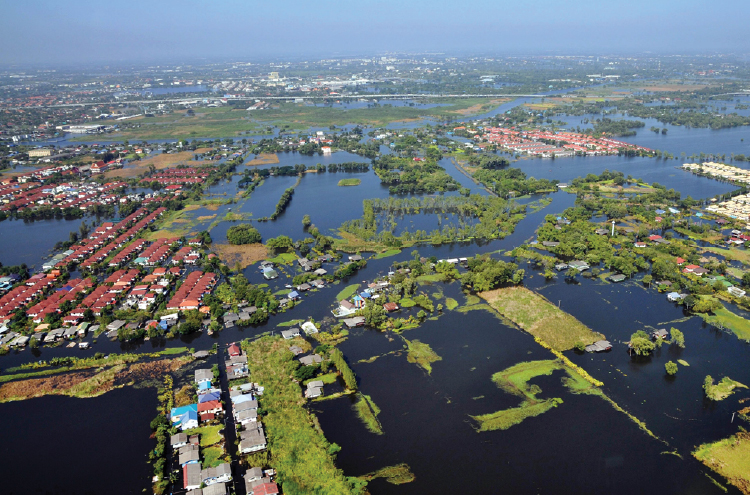CONSULTANCY
Sawen is a QCI & NABL accreditated environmental consultant organization based at Lucknow, India. Sawen group is a multi disciplinary professionally managed consultancy group providing consultancy on all aspects related to Environment & Pollution Control and undertakes study of environmental parameters through two complimentary companies Sawen Consultancy Services & Sawen Projects & Laboratories Pvt. Ltd.
Studies & Compliances:
pollution control system
Our organization is accredited as Category-A under the QCI-NABET Scheme for Accreditation of EIA Consultant Organization, Version 3: for preparing EIA-EMP reports in the following Sectors –
NABET SECTOR DESCRIPTION
1. Mining of minerals including opencast only
2. Mineral beneficiation
3. Cement plants
4. Distilleries
5. Sugar Industry
6. Building and construction projects
7. Townships and Area development projects

Environmental Impact Assessment (EIA) is a process of evaluating the likely environmental impacts of a proposed project or development, taking into account inter-related socio-economic, cultural and human-health impacts, both beneficial and adverse.

Assessing compliance with relevant statutory and internal requirements. Facilitating management control of environmental practices.

Environmental compliance refers to the act of conforming to legal or official environmental requirements and policies. Some examples of environmental elements that organisations need to comply with are; Toxic release inventory. Storm water permits.
The Environment Status Report is mainly created to record the ... to submit an annual Environmental Status Report (ESR) to General body on ...
A pre-feasibility study is a preliminary systematic assessment of all critical elements of the project – from technologies and costs to environmental and social impacts.

The purpose of the ESIA is to assess and predict potential adverse social and environmental impacts and to develop suitable mitigation measures, which ar
Consent to Establish is a primary clearance for entities intending to setup pollution prone industry in India. Meanwhile, the Consent to operate serves as a legal consent that entities have to apply after establishing the unit and meeting conditions of CTE.
That I am the absolute owner/co-owner of free hold / leasehold property bearing _____. That I do not have any objection for the grant of permission to _____ Son of _____. If he apply for Individual Water Supply Meter on his own name.
The three steps include: 1) prevention and minimisation, 2) treatment for reuse, and 3) stimulation of the natural self-purification capacity of receiving water bodies.
STP effectiveness is high, with a range between 76% - 95%. Thus, the results like this can be said to be a good STP process because all parameters meet the quality standard.
Wastewater treatment plants (Figure 1) can function improperly for a variety of reasons: Plants sometimes receive materials they are not designed to handle;
To get started, trim back any dead leaves and some foliage, especially if the majority of the roots are damaged. This will make it so the roots have less to support and can recover more efficiently. Next, trim the dead part of the stems until you see green. Ideally, new stems will grow from these trimmed stems